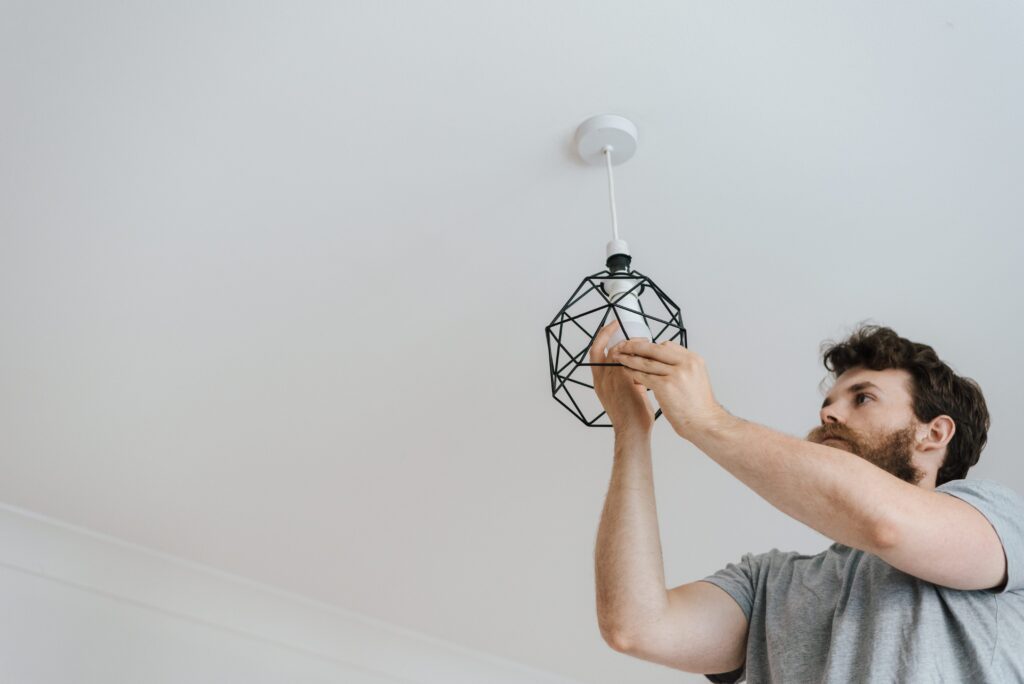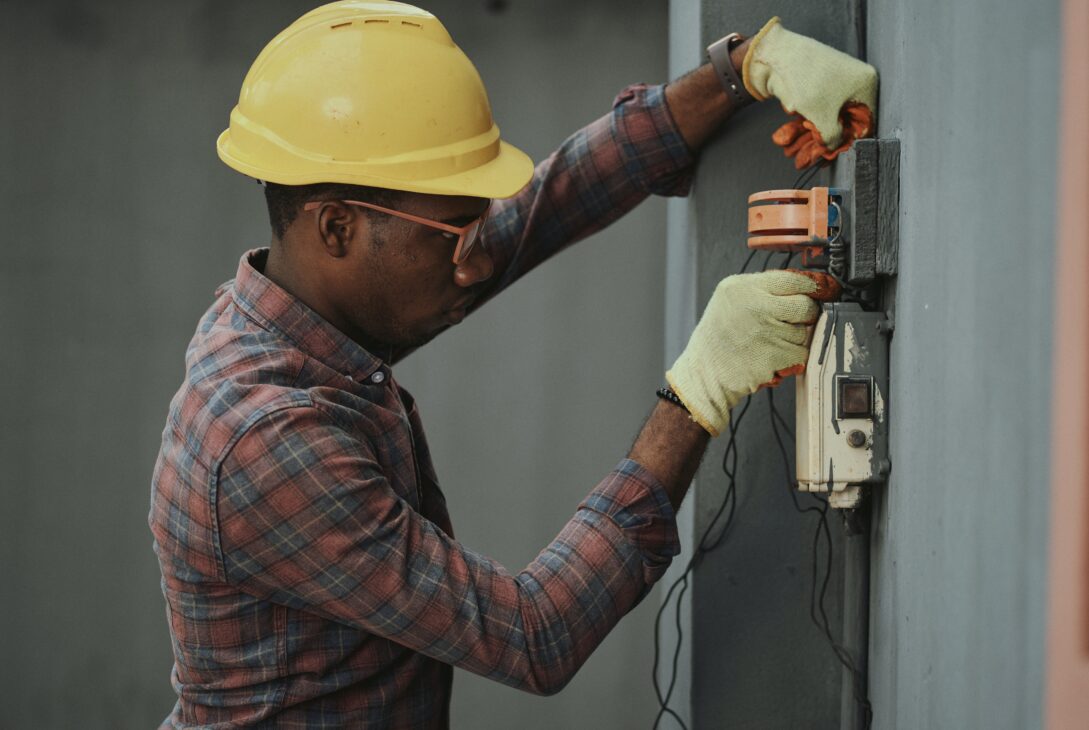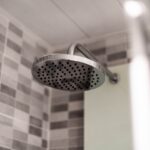Home electrical maintenance can be daunting – especially if you don’t consider yourself to have a good understanding of home wiring or electricity. If you’re like most homeowners, it might seem impossible to navigate the complicated world of outlets, breakers, and wires – but with a little knowledge and some expertise from professionals, proper electrical maintenance can become second nature in no time.
In today’s blog post, we’ll discuss the ABCs of home electrical maintenance: what it is, how to do it correctly and safely, tips for keeping your system up-to-date and running efficiently, as well as best practices for avoiding common mistakes that could lead to costly repairs down the line.
Understanding Home Electrical Maintenance
Maintaining the electrical system in your home is important to ensure the safety of yourself, your family and your home. Understanding basic home electrical maintenance can help prevent major issues in the future. Some tips to keep your home’s electrical system running smoothly include checking your circuit breaker regularly, testing your GFCI outlets monthly, and replacing any damaged or frayed cords immediately.

It’s also important to understand the limitations of your home’s electrical capacity and not overload circuits with too many appliances or devices. By performing regular electrical maintenance, you can help prevent avoidable electrical accidents and ensure that your home remains a safe and comfortable living space.
Safety First: Tips for Working with Home Electricity
When it comes to working with home electricity, safety should always be top of mind. Whether you are changing a light bulb, installing a new outlet or fixing a faulty wire, it’s important to take the necessary precautions to avoid any potential hazards. Luckily, there are plenty of tips and tricks to keep yourself and your home safe while tackling electrical projects.
Some key tips include turning off the power before beginning any work, wearing rubber-soled shoes to avoid electrical shocks, and never touching electrical wires with wet hands. One of the key tips to keep in mind is to always make sure the power is turned off before you start working. This will help to prevent any accidental electrical shocks.

Additionally, it’s important to use the right tools and equipment for the job and to handle them properly. If you are unsure about any aspect of working with home electricity, seek the advice of a qualified electrician to ensure that you stay safe. Remember, it only takes one small mistake to cause serious injury or damage, so don’t take any chances when it comes to working with electricity in the home.
Tools You Will Need for Home Electrical Maintenance
Maintaining the electrical systems in your home is essential for both comfort and safety. While some maintenance tasks may require a professional electrician, there are many things you can do yourself with the right tools. To start, you’ll need a voltage tester to detect electricity and ensure that the power is turned off before beginning any work. Wire strippers and cutters are also crucial for removing and cutting wires cleanly.
A wire nut driver can be used to join wires together, while a multimeter will measure current, voltage, and resistance. These tools are just the basics for handling simple electrical jobs around the house, and with the right knowledge, you can feel confident about maintaining your home’s electrical systems.
Signs That Your Home Needs Electrical Maintenance
As homeowners, we depend on electricity to power our daily lives. From turning on the lights to using kitchen appliances, it’s hard to function without it. That’s why it’s important to be aware of signs that your home needs electrical maintenance.

One of the most common indicators is flickering lights. If you notice that your lights are dimming or flickering often, it could be a sign of faulty wiring or a loose connection. Another sign is tripping circuit breakers. If your circuit breaker trips frequently, it’s a warning that your electrical system is overloaded and needs attention. Don’t wait for a major electrical problem to occur- be proactive in maintaining your home’s electrical system.
Electrical Maintenance Tasks You Can Do On Your Own
One of the most important aspects of owning a home is keeping up with maintenance tasks, especially those related to electrical systems. While some issues will require the expertise of a professional electrician, there are also several electrical maintenance tasks you can do on your own.
For example, changing out light bulbs, replacing worn-out electrical outlets or switches, and cleaning or replacing air filters on HVAC units are all tasks that can be done by homeowners with a bit of knowledge and caution. By tackling these tasks on your own, you can save money on professional fees and also ensure that your home is safe and functioning at its best.
Hiring an Electrician: When to Seek Professional Help
Whether you’re a homeowner, a landlord or a business owner, electrical problems can arise at any time. While some minor issues can be fixed with simple troubleshooting, there are certain times when you should seek professional help from an electrician. For instance, if you’re experiencing frequent power outages or flickering lights, it’s important to get an expert’s opinion. Likewise, working with complex electrical fixtures like a grid switch, furnace, or hot water heater should always be undertaken by a qualified electrician.
No matter the task at hand, an experienced electrician will be able to diagnose and fix any electrical issues quickly and safely. Look for someone who specialises in residential electrical maintenance and can provide references from satisfied customers.
How to hire the right person
When it comes to hiring an electrician, there are a few key things to keep in mind. First and foremost, it’s important to find someone who is licensed and insured. This will ensure that they have the training and expertise necessary to handle any electrical issues that may arise. Additionally, it’s a good idea to get recommendations from friends and family members who have hired electricians in the past.
Finally, it’s a good idea to get multiple quotes from different electricians to ensure that you are getting a fair price for the work that needs to be done. With these tips in mind, you can find the right electrician to help keep your home safe and running smoothly.
Cost of Home Electrical Maintenance
Keeping our homes running efficiently includes taking care of our electrical system. Although electrical maintenance can be costly, it’s important that we don’t neglect it. After all, the cost of repairs or replacements resulting from electrical issues can be far more expensive in the long run. It’s a good idea to have a professional electrician conduct routine inspections and make any necessary repairs, as they can identify potential problems before they turn into major issues. By keeping up with maintenance, we can ensure the safety and comfort of our homes without breaking the bank.
Benefits of Regular Home Electrical Maintenance
Maintaining the electrical systems in your home is essential to ensure the safety and well-being of your family. Regular maintenance of electrical systems can prevent electrical fires, reduce the risk of electrocution, and save you from costly repairs.

Conclusion
In conclusion, it’s essential to keep up with regular home electrical maintenance in order to ensure optimal safety and efficiency. By knowing the ABCs of home electrical maintenance which involve always inspecting outlets, cables, and wires; being mindful of electricity use; attending to damages as soon as possible; being aware of your fuse box; and having your electrical system checked yearly, you can rest assured that your home is safe from harm.
This simple act can save you money in the long run due to avoiding potential disasters and costly repairs – not to mention peace of mind in knowing that you are taking the necessary steps to ensure your family’s safety. Congratulations on taking a major step towards protecting and maintaining your home!








